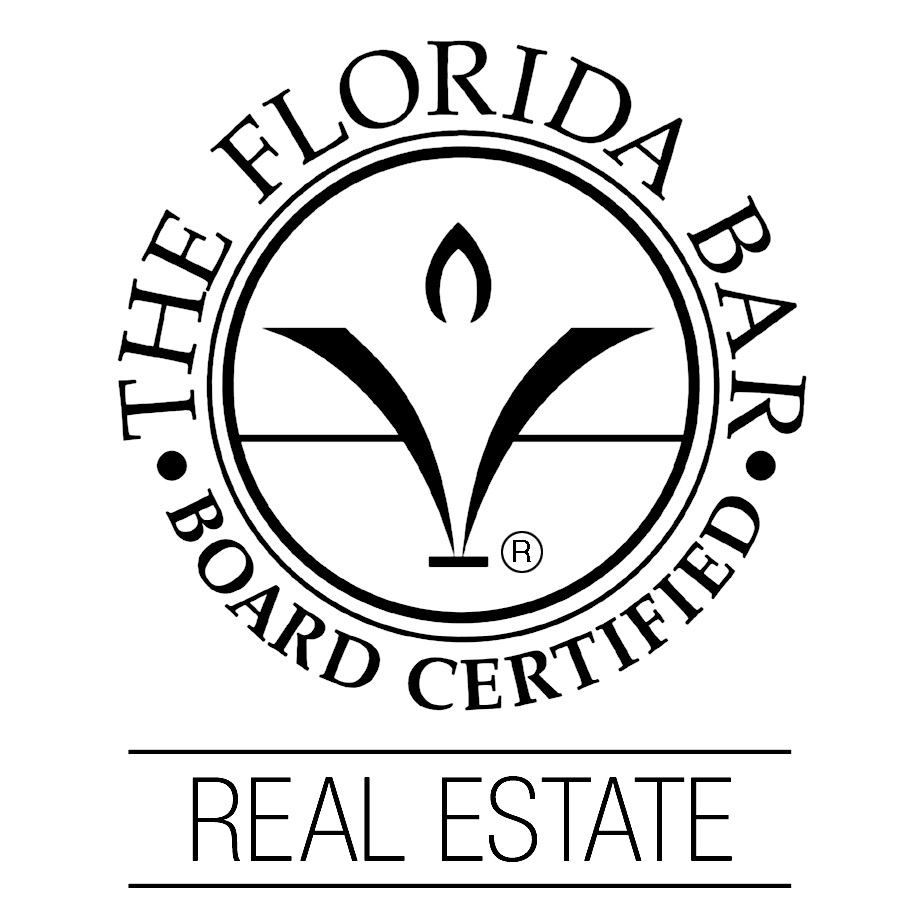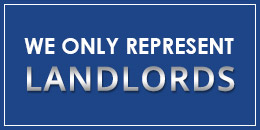Commercial Evictions
As a commercial landlord you will likely face the need to evict a tenant eventually. Working with an experienced eviction lawyer is the best way to ensure that the eviction process proceeds through the court system efficiently and effectively, although it also helps to have a basic understanding of how commercial evictions work in Florida.
What Are Common Reasons for Evicting a Commercial Tenant?
Many commercial evictions in Florida are prompted by one of the following three causes:
- Non-Payment of Rent: The tenantis required to make lease payments to the landlord pursuant to the terms of the lease agreement. Failing to make a lease payment is grounds for the landlord to evict the tenant.
- Breach of the Lease Agreement: A commercial eviction may be initiated if the tenant breaches any of the terms of the lease agreement. For instance, if the lease requires the tenant to maintain insurance on the property but fails to do so, the tenant has breached the agreement.
- Holding Over After the Tenancy Has Ended: By law, a tenant is supposed to move out at the end of the lease term noted in the lease agreement. When a tenant fails to vacate the premises, the tenant becomes a “tenant at sufferance” or a “holdover tenant.”
Eviction Process
Eviction of a commercial tenant in Florida must be accomplished through a court process governed by Chapter 83, Florida Statutes.
When you file for eviction and possession of the property, you must serve the tenant with a copy and summons. The tenant has five days to file an official answer to the complaint. If a Counterclaim is filed by a tenant, landlord has five days to file an Answer to the Counterclaim.
If landlord prevails, a judgment will be entered, followed by a writ of possession.
Consult the Tampa Bay Commercial Landlord Tenant Attorneys at Lieser Skaff
If you are a commercial landlord who is having problems with a tenant, consult with the experienced landlord-tenant attorneys at Lieser Skaff to discuss your legal options.

